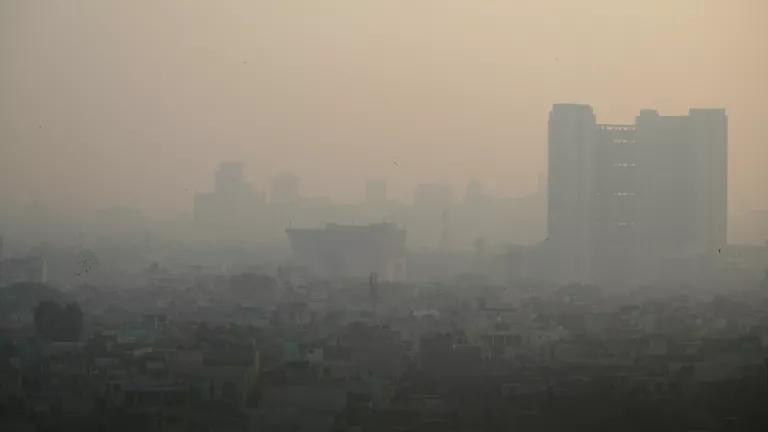Environmental Injustice: Communities of Color in the United States Disproportionately Lack Access to Adequate Sanitation
Despite previous calls from UN bodies to fully effectuate the human right to sanitation, the United States must do more to ensure that all residents have access to adequate sanitation.
Every person has a human right to sanitation that ensures dignity and is safe, affordable, resilient, sustainable, and effective in a changing climate. The UN General Assembly has recognized this right as a component of the right to an adequate standard of living, essential to the full enjoyment of all human rights. But many people in the United States—particularly rural, Black, Indigenous, and other communities of color—are being denied this basic right to sanitation. In fact, a 2022 report found that Black and Latino households were twice as likely and Indigenous households were 19 times as likely as white households to lack complete plumbing.
This fact sheet, produced in partnership with the Center for Rural Enterprise and Environmental Justice (CREEJ), provides a snapshot just one of many American communities who struggle to access adequate sanitation: the rural and predominantly Black community of Lowndes County, Alabama. Despite previous calls from UN bodies to fully effectuate the human right to sanitation, the United States must do more to ensure that all residents have access to adequate sanitation.




